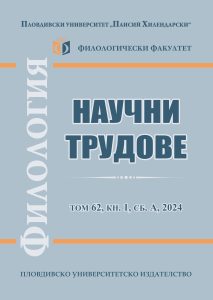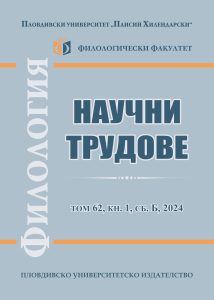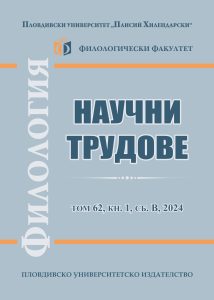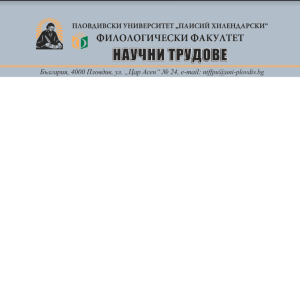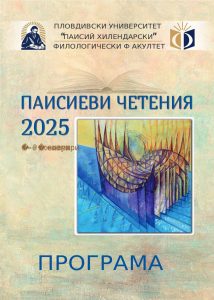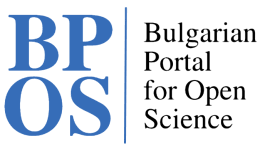VOL. 56, BOOK 1, PART B, 2018, pp. 448 – 456 Full text (Bg)
Author: Maria Byaldimova
Affiliation: Paisii Hilendarski University of Plovdiv
Abstract
The subject of study in the present paper are a kind of noun-compounds in the Bulgarian language – the so-called “non-affixal“, or these that written together as solid words have no affixes (prefixes, suffixes). They are connected by a vowel or by directly “sticking“ of the stems. In the modern linguistics, when we make an observation or analysis of the complex words, the attention is focused on their characteristics, because it can be said that the distinguishing features of the complex lexical forms shape the different criteria for analyzing and classifying them: lexical meaning, word-formation structure, morphemic composition etc.
The purpose in the research is mainly to try to model the structure of the lexical morphemes which make up the compounds. Therefore, we suggest an exemplary classification of this group of complex words. The conception of the compounds and their morphemic construction are briefly discussed in the theoretical part of the paper.
Key words: complex lexeme, word-formation, noun compounds, structural models


